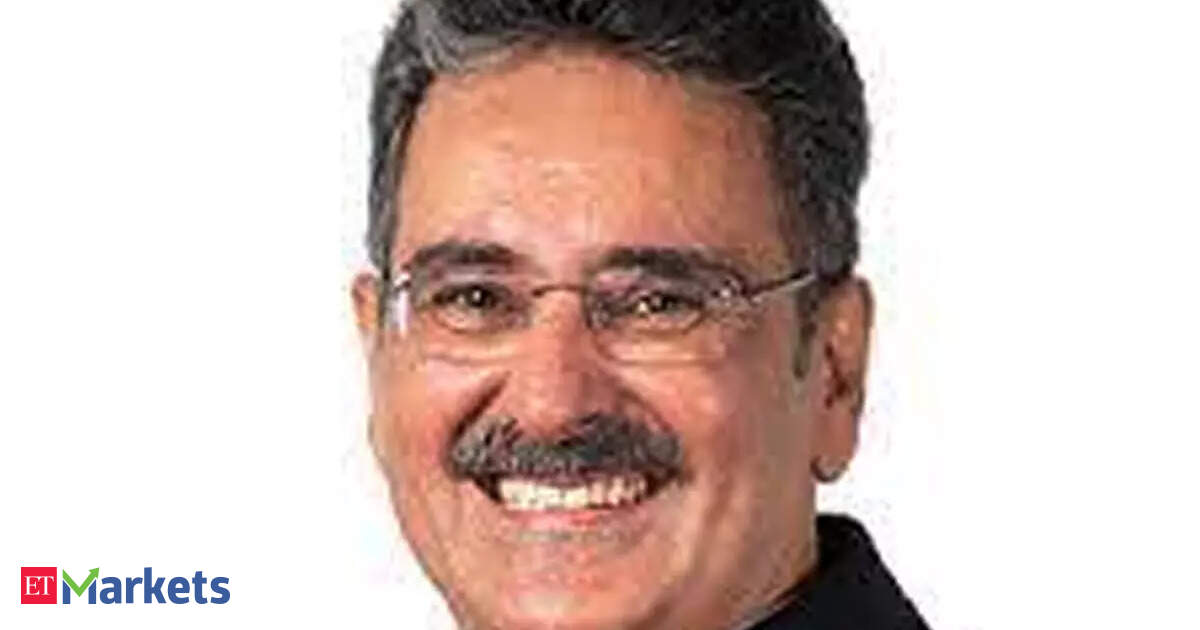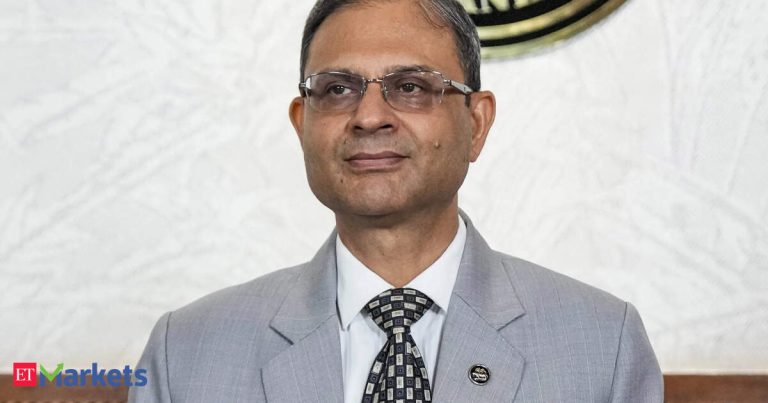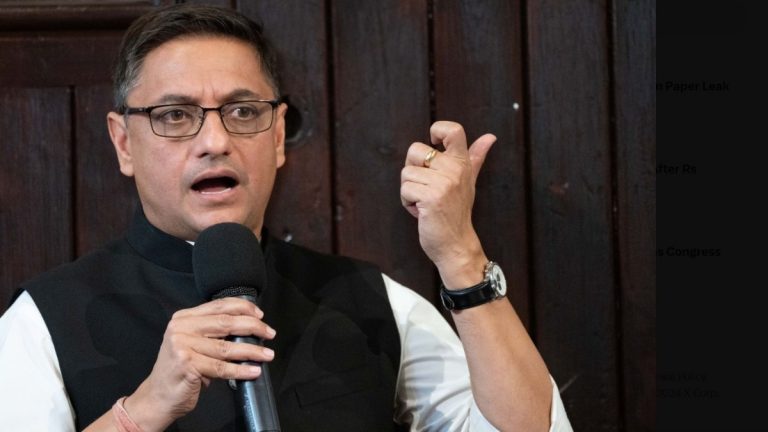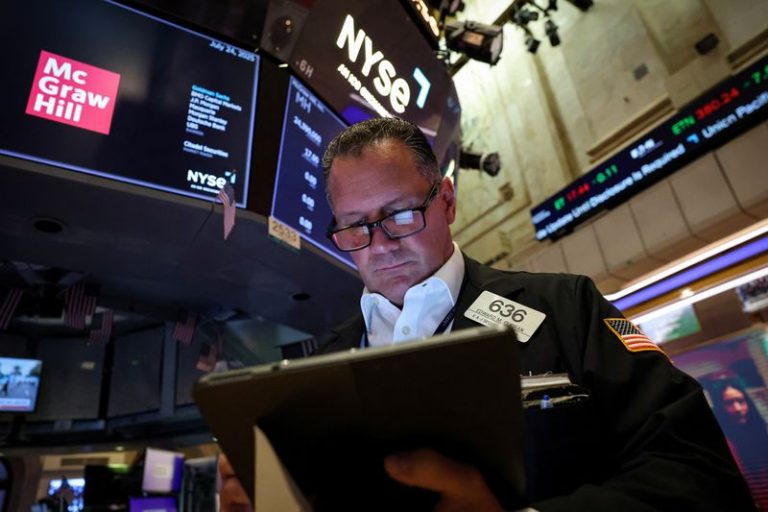What is your view on auto and auto ancillaries? The India-UK FTA has been signed and there are a lot of products which we are eyeing but in particular, India is planning to lower tariffs on UK cars and to cut average tariff for UK goods to 3% from 15% earlier. What is your view on the automobile sector and not just on this news flow but also the fact that the auto sector is trying to help the market quite a lot?
Dinshaw Irani: We do not like the auto space at all because we believe that the demand collapse was mainly driven by collapse in urban demand and the tight liquidity condition. But even going forward with liquidity coming into the system, we do not expect that sector to do well because now there are more options available in that segment. We are talking about basically EVs and frankly the EVs bet is playing out in the two-wheeler space. We feel the two-wheeler segment got robbed over by EV guys. Their growth just disappeared because of EV coming into play.
In two-wheelers, we like the new generation EV players which are coming in. One saw a recent listing where we were the anchor and we continue to invest in that stock. The second one is an old hand which was listed last year, corrected a lot and that is also looking very exciting going forward. Given the fact that the management is now revamping the whole show out there, that is another sector to look at in the EV space.
In the PV space, I do not think there has been any EV onslaught as of now. But once they do, and frankly, that is what the Trump tariffs are all about. If anything, they are targeting this segment per se. We saw that happening with the UK FTA. Finally, we had to come down to cutting off duties on the automobile space. The same is going to happen with the US. If the deal goes through, there has to be a big compensation for the auto space. So, we are not too keen on the auto space, specifically the PV space.
Let us talk about the consumption space because on the staples side, the Q1 updates so far were decent enough to take the stocks higher and the consumer companies are now talking about the recovery in the urban areas which was not the case earlier. What do you make of this and how can investors take a part in the consumption basket, because discretionary as a play has been liked by a lot of these market participants? What is your take on discretionary versus staples and if at all, do you like the space at all?
Dinshaw Irani: Though an uptick has happened in staples, look at the valuations of these stocks, They are already fairly stretched. Even in the QSR space, which we used to like earlier, apart from probably one particular pizza player, none of the others have reported good numbers. QSRs are basically impulse spends. But that also not picking up means consumption has not kicked in that much.
A particular company which came out with its numbers, said salt has been a mainstay for them and that growth points out to the growth in entry-level staples. It will be a matter of time before the premium end starts moving up. Frankly looking at the valuations, we are not excited at all. I mean, giving 50-60 PEs, forward PEs for growth rates of 10-11% in the best case scenario, is not going to work for us. So, we would rather avoid these stocks. In the durable space again, AC is a big player within that but AC is a play on weather and this time around the numbers are not looking too great for the AC players. We have seen that one of the players that reported the numbers did not do too well in air conditioning and I do not think that is what we are looking at either.Last time we interacted with you, BFSI, hospitals, and tourism were the spaces that you were liking. Does that conviction continue?
Dinshaw Irani: Yes, definitely. I do not think we have been shaken there. The numbers are pretty good for the two major banks reporting the numbers. They have been taken very well by the market. The quality of asset growth has been good. It is obvious that things are working out perfectly for them.
On the financial services and insurance numbers, whatever little has been reported by AMCs and the like, have been good numbers and so that continues to be good. When the numbers are reported, we will see that the whole story about the average revenue per occupied bed, arPob as they are called, are on the uptake. As a result, the breakeven levels for new hospitals have come off and that is what we are looking at. The same is the case with hospitality which is again looking good. Indian Hotels numbers were pretty decent. So that trend continues for us.








